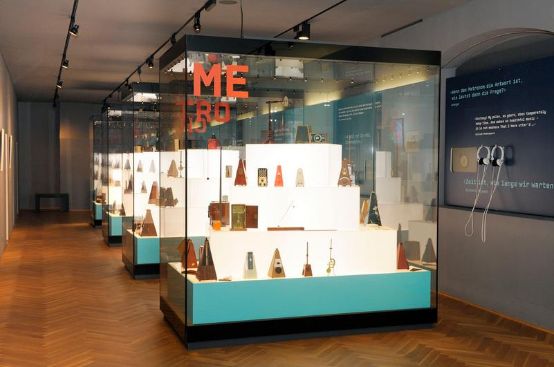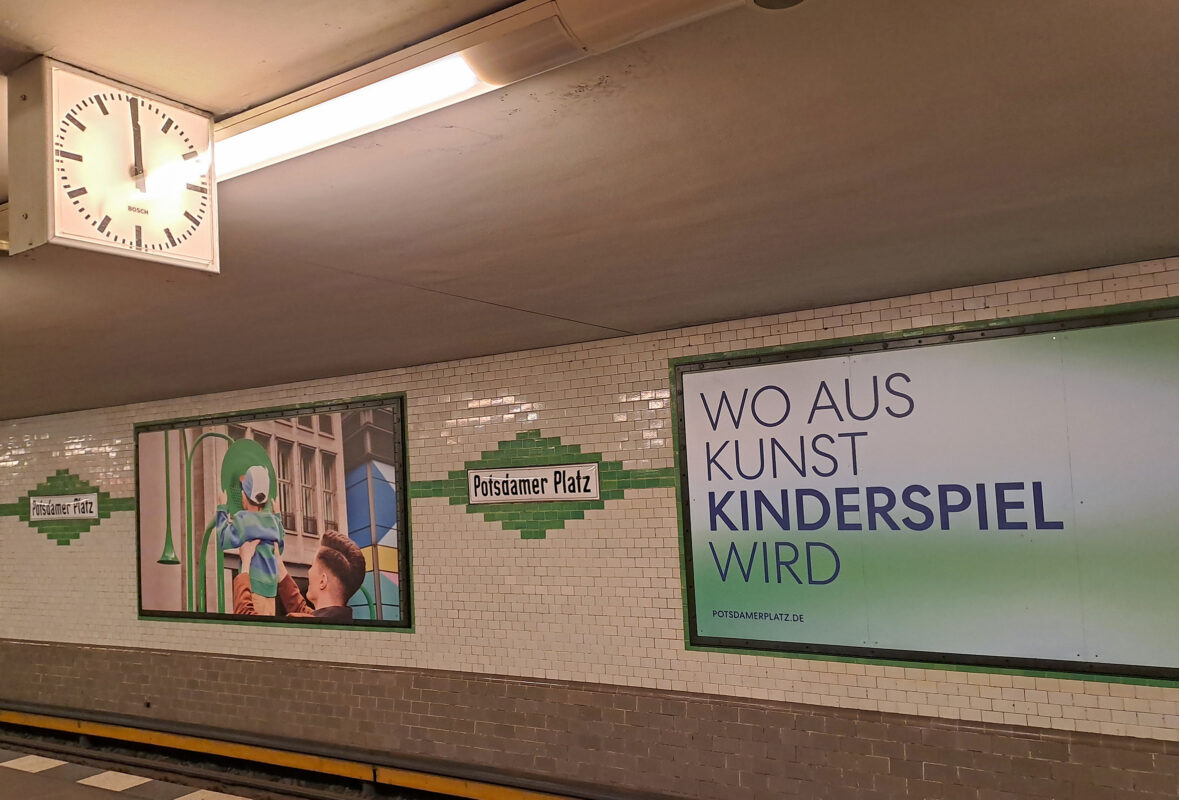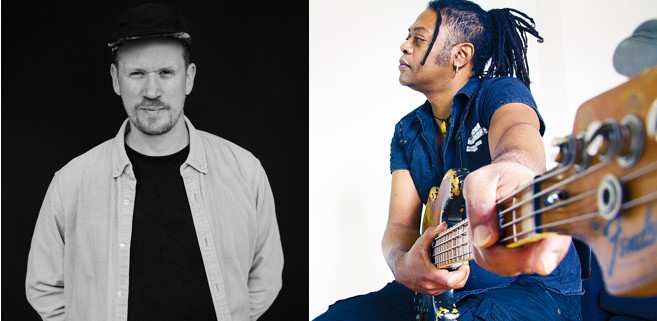Challenges for instrument collections
The annual conference of the CIMCIM (International Committee for Museums and Collections of Music) and the Fourth International Romantic Brass Symposium will take place in Basel and Bern from February 22 to 25, 2017.

It is hard to imagine musical life today without concerts in historical performance practice. Original instruments play a central role in this, as they are in demand for concerts or for playing attempts at replicas. At the same time, they should be conserved and preserved as witnesses for posterity.
CIMCIM, the International Committee for Museums and Collections of Musical Instruments and as such part of the global umbrella organization of museums ICOM, brings together practitioners, institutions and researchers. Basel and Bern will host its annual congress in 2017: From February 22 to 25, museum directors, conservators, musicians and instrument experts will meet at the Museum of Music, the Schola Cantorum Basiliensis and the Bern University of the Arts.
Under the title "Presentation, Preservation, Interpretation - The Challenges of Musical Instrument Collections in the 21st Century", two challenges in the field of historical instruments will be addressed: How do we collect, preserve and present 20th and 21st century instruments? And how do we preserve historical wind instruments that continue to be played or are played again in concerts?
One focus is the presentation of the results of a Swiss research project on corrosion inside historical brass instruments and its reduction. The Bern University of the Arts, ETH Zurich, the Swiss National Museum and the Paul Scherrer Institute are involved in the project.
The program also includes concerts on historical and experimental instruments, such as excerpts from Stravinsky's Sacre du printemps with a set of historical brass instruments. Visits to collections and exhibitions in Basel, Bern, Bad Krozingen and Bad Säckingen round off the conference, which is supported by the Swiss National Science Foundation.
More info: www.hkb-interpretation.ch/cimcim








